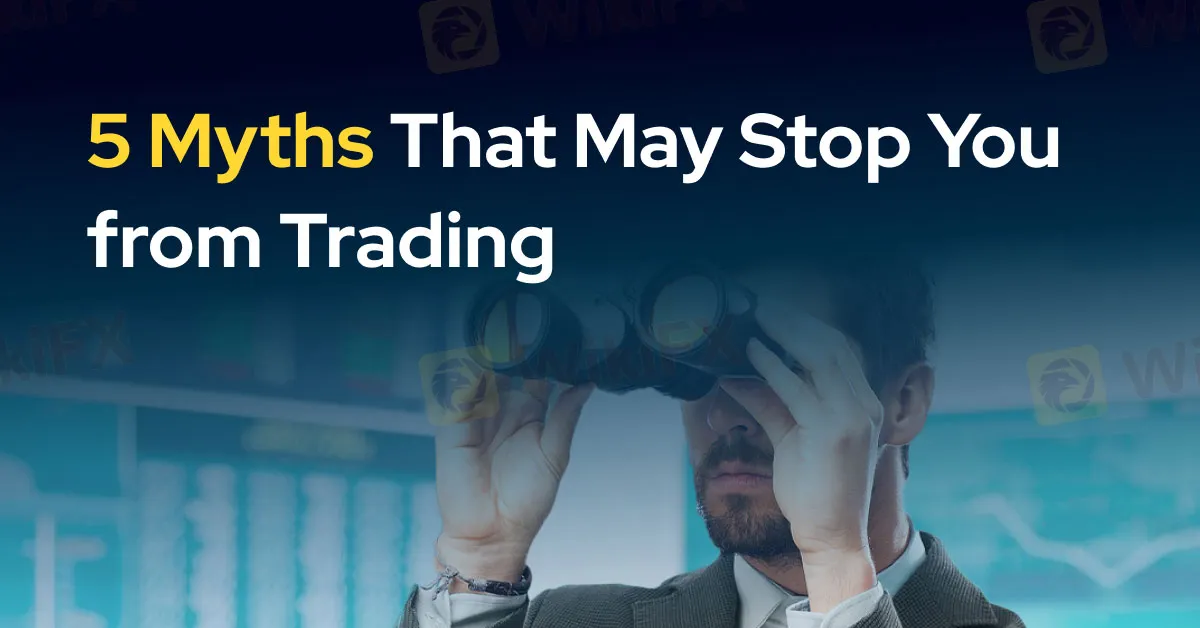Abstract:Are myths about trading holding you back from starting? Meet WikiFX, the Global Broker Regulation & Inquiry App that will bust them and show you that trading is easier and more accessible than you might think. Choose suitable brokers on WikiFX and make your trade safer and easier. So dive in!

Are myths about trading holding you back from starting? Meet WikiFX, the Global Broker Regulation & Inquiry App that will bust them and show you that trading is easier and more accessible than you might think. Choose suitable brokers on WikiFX and make your trade safer and easier. So dive in!
Myth #1: Trading is too difficult
Many people believe that trading is a complex activity reserved for financial experts. However, with the right resources and tools, anyone can learn to trade. WikiFX provides extensive educational materials and broker reviews, helping beginners understand the basics and advance their trading skills. By choosing a reputable broker through WikiFX, you can find platforms that offer user-friendly interfaces and educational support to guide you every step of the way.
Myth #2: Trading isnt safe
Safety is a common concern among potential traders. It's true that the financial markets can be volatile, but this doesn't mean trading is inherently unsafe. WikiFX helps mitigate risks by providing detailed information on brokers' regulatory status and user reviews. By selecting a broker with a strong regulatory background, you can trade with confidence, knowing that your investments are protected.
Myth #3: You need a lot of money to start trading
Contrary to popular belief, you don't need a large sum of money to begin trading. Many brokers offer accounts with low minimum deposits, allowing you to start trading with a small initial investment. WikiFX can help you find brokers that cater to beginners with limited funds, providing the flexibility to start small and grow your investments over time.
Myth #4: You go into debt if things go wrong
The fear of going into debt deters many from trading. While it's possible to lose money in trading, responsible trading practices and proper risk management can help you avoid significant losses. WikiFX provides resources on risk management strategies and helps you choose brokers that offer features like negative balance protection, ensuring you won't owe more than you invest.
Myth #5: You only get real trading experience with real money
Many believe that real trading experience can only be gained by opening trades with real money, but this isnt true. Demo accounts are a valuable tool for learning and practicing trading strategies without risking real money. WikiFX helps you find brokers that offer demo accounts, allowing you to gain practical experience and build confidence before transitioning to live trading.
By debunking these common myths, WikiFX empowers you to start your trading journey with confidence. With the right knowledge, tools, and support, trading can be a rewarding and accessible endeavor. Explore WikiFX today and discover the world of trading made easier and safer.










